#Virgil Thomson
Text

"Try a thing you haven't done three times.
Once, to get over the fear of doing it.
Twice, to learn how to do it.
And a third time, to figure out whether you like it or not."
― Virgil Thomson
61 notes
·
View notes
Text

1983 Kennedy Center honorees: actor James Stewart, ballet dancer Katherine Dunham, (L-R) standing: director Elia Kazan, composer Virgil Thomson, and entertainer Frank Sinatra. #DailyStewart
18 notes
·
View notes
Text
Virgil Thomson (1896-1989)
12 notes
·
View notes
Text
Open Box - Music Quotation of the Day by Virgil Thomson
View more music quotations
Thank you for your visit and sharing your time with me
Enjoy your day My Friend
goffjamesart.wordpress.com
Art Music Photography Poetry Quotations

View On WordPress
#Art Music Photography Poetry Quotations#Goff James Art Music Photography Poetry Quotations#goffjamesart#Life#Music#Quotation#Virgil Thomson
0 notes
Quote
Try a thing you haven’t done three times. Once, to get over the fear of doing it. Twice, to learn how to do it. And a third time to figure out whether you like it or not.
Virgil Thomson
0 notes
Text
Found this early piece (Fads & Fancies In The Academy) of Cage’s a while ago and geeked out about it: it’s pure fun, not really something I ever expected to find from him. The movement titles are wonderful

despite the presentation it had been written in 1940
#john cage#really wonderful fun. somewhere between virgil Thomson and like esquivel at times?#Spotify
6 notes
·
View notes
Text

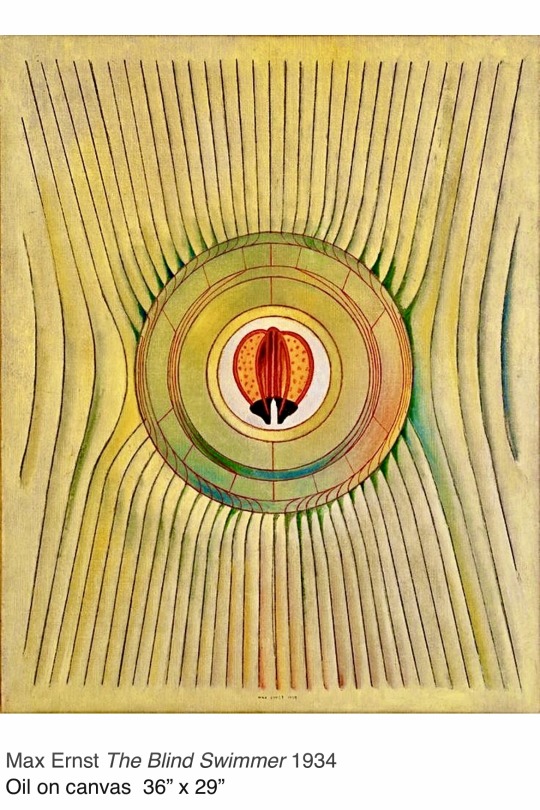

Giant Waterlily - Botanicum illustration by Katie Scott
© 2023 Copyright Katie Scott • https://katie-scott.com

You are not a drop in the ocean; you are the entire ocean in a drop.
— Rumi
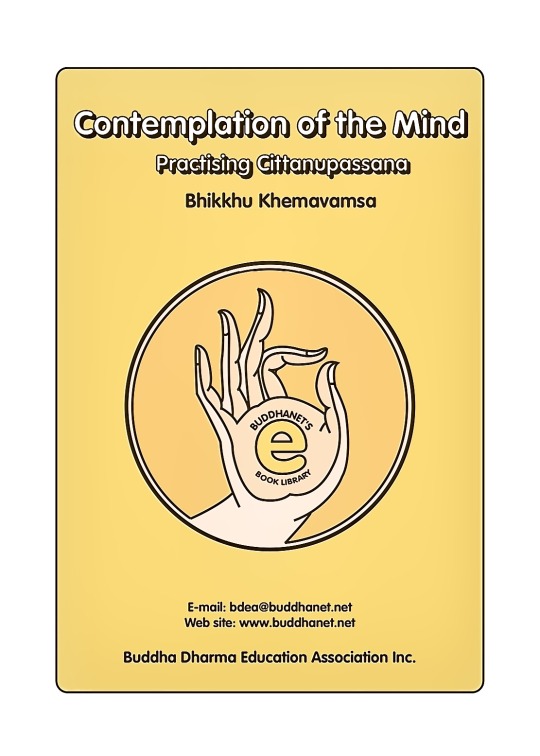
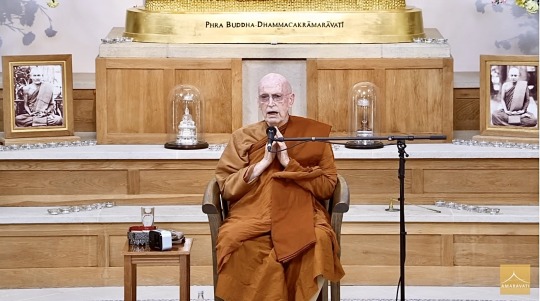
Ajahn Sumedho reflects on the Buddha’s teaching of The Four Noble Truths.
YouTube video via Buddhism now >> You don't have to believe these Four Noble Truths — but realise them. Asalha Puja Dhamma Reflection by Ajahn Sumedho [Filmed 1 August 2023 / 52mins.+10secs.]:
In this Dhamma talk, Ajahn Sumedho reflects on the Buddha’s teaching of The Four Noble Truths. Filmed on Asalha Puja day (1 August 2023) at Amaravati Buddhist Monastery, England UK.


Amaravati Buddhist Monastery, UK, Thai Forest Tradition of Ajahn Chah
Amaravati website: https://amaravati.org
•
#Virgil Thomson quotes#Max Ernst artworks#Katie Scott illustrations#Rumi poetry & quotes#Buddhism#Theravāda Buddhism#Thai Forest Tradition of Theravāda Buddhism#Buddadhamma#The Four Noble Truths#Buddhist teachings & practices#Buddhist Vipassana meditation#Four Foundations of Mindfulness (Satipatthana)#Contemplation of the Mind#Practising Cittanupassana#Bhikkhu Khemavamso#Buddhanet#Buddhism now#Buddha Dharma Education Association Inc.#Ajahn Sumedho#Amaravati Buddhist Monastery#YouTube
1 note
·
View note
Text
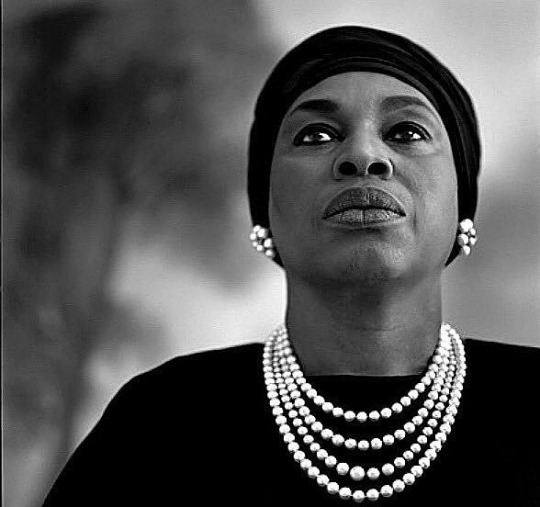
Today In History
Leontyne Price, world-renowned opera singer, and the first African American singer to achieve an international reputation in opera—made her formal debut at the Metropolitan Opera House on this date January 27, 1961.
Both of Price’s grandfathers had been Methodist ministers in Black churches in Mississippi, and she sang in her church choir as a girl. Only when she graduated from the College of Education and Industrial Arts (now Central State College) in Wilberforce, Ohio, in 1948 did she decide to seek a career as a singer.
She studied for four years at the Juilliard School of Music in New York City, where she worked under the former concert singer Florence Page Kimball, who remained her coach in later years. Her debut took place in April 1952 in a Broadway revival of Four Saints in Three Acts by Virgil Thomson and Gertrude Stein.
Leontyne Price performance in that production, which subsequently traveled to Paris, prompted Ira Gershwin to choose her to sing the role of Bess in his revival of Porgy and Bess, which played in New York City from 1952 to 1954 and then toured the United States and Europe. The year 1955 saw her triumphant performance of the title role in the National Broadcasting Company’s television production of Tosca, and she sang leading roles in other operas on television in the next few years.
CARTER™️ Magazine
#leontyne price#carter magazine#carter#historyandhiphop365#wherehistoryandhiphopmeet#history#cartermagazine#today in history#staywoke#blackhistory#blackhistorymonth
88 notes
·
View notes
Text
Fille du Régiment
Il faut partir
Metropolitan Opera
Matinée Broadcast
28th December, 1940
Marie.................Lily Pons
Review of Virgil Thomson in the New York Herald:
"The singing was good. Miss Pons is not the greatest coloratura soprano one has ever heard; her voice is a little too brilliant. But her personality is so easy and engaging that one is always glad to see her on a stage, and she is far from unpleasant to hear. Mr. Baccaloni is always a pleasure to hear and watch. Irra Petina, an excellent singing comedienne, is likewise an ornament to any cast. The three of them yesterday gave a style to the performance that was far above the level of what easily might have been just a routine revival of a not awfully exciting work. Raoul Jobin, though far from possessing the distinction of the other three, has a richly resonant tenor voice and yesterday looked not too badly in his mountaineer clothes. The scenery was cute; and it looked expensive, just as operatic scenery should. The costumes were all right too, only there is nothing more tiring to the eye in a theater tham military uniforms, no matter how bright they may be in color. [The opera] has gaiety and melodic eloquence; it is good Donizetti all right. Only it isn't the best Donizetti. It lacks occasions for the grander flights of feeling and most especially for those magnificently theatrical and expressive concerted numbers that he could write as no other composer ever did, excepting Mozart. And so, though the piece was a worthy one and yesterday's cast a distinguished one, though the mounting was in every respect adequate and at all times agreeable, still the entertainment never quite got off the ground. The orchestra sounded fine as usual. The pleasant memory of the occasion, however, remains Miss Pons."
#classical music#opera#music history#bel canto#composer#classical composer#aria#classical studies#maestro#chest voice#Il faut partir#Lily Pons#La fille du régiment#The Daughter of the Regiment#opéra comique#Gaetano Donizetti#lyric coloratura soprano#coloratura soprano#soprano#Metropolitan Opera#Met#Broadcast#classical musician#classical musicians#classical history#history of music#historian of music#musician#musicians#diva
5 notes
·
View notes
Text
Looney Tunes/Merrie Melodies 1936 Episode 5: Page Miss Glory
Score by Harry Warren & Al Dubin
Directed by Tex Avery
Animated by Robert Cannon, Bob Clampett, Joe D'Igalo, Cal Dalton, A.C. Gamer, Ken Harris, Chuck Jones, Charles McKimson, Robert McKimson, Virgil Ross, Paul Smith, Sid Sutherland, Riley Thomson, Sandy Walker & Don Williams
Voice characterizations by Jackie Morrow, Berneice Hansell, Tex Avery & The Varsity Three
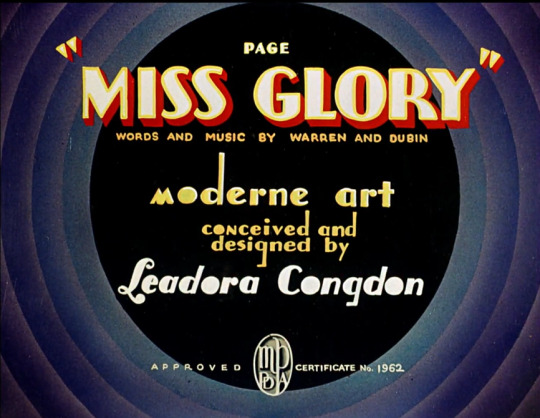
4 notes
·
View notes
Photo
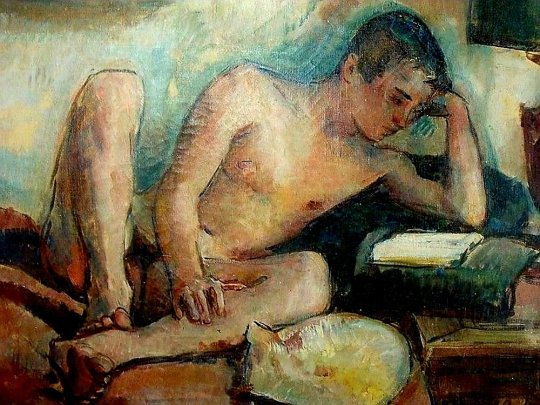
Maurice Grosser (1903 - 1986) was an American painter, art critic, and writer. He was the longtime companion of Virgil Thomson.
93 notes
·
View notes
Photo

Juliette Nadia Boulanger (16 September 1887 – 22 October 1979) was a French music teacher and conductor. She taught many of the leading composers and musicians of the 20th century, and also performed occasionally as a pianist and organist.
From a musical family, she achieved early honours as a student at the Conservatoire de Paris but, believing that she had no particular talent as a composer, she gave up writing music and became a teacher. In that capacity, she influenced generations of young composers, especially those from the United States and other English-speaking countries. Among her students were many important composers, soloists, arrangers, and conductors, including Grażyna Bacewicz, Burt Bacharach, Daniel Barenboim, Lennox Berkeley, İdil Biret, Elliott Carter, Aaron Copland, John Eliot Gardiner, Philip Glass, Roy Harris, Quincy Jones, Dinu Lipatti, Igor Markevitch, Astor Piazzolla, Virgil Thomson, and George Walker.
Boulanger taught in the U.S. and England, working with music academies including the Juilliard School, the Yehudi Menuhin School, the Longy School, the Royal College of Music and the Royal Academy of Music, but her principal base for most of her life was her family's flat in Paris, where she taught for most of the seven decades from the start of her career until her death at the age of 92.
Boulanger was the first woman to conduct many major orchestras in America and Europe, including the BBC Symphony, Boston Symphony, Hallé, and Philadelphia orchestras. She conducted several world premieres, including works by Copland and Stravinsky.
#Nadia Boulanger#women in music#women in history#XIX century#XX century#people#portrait#photo#photography#Black and White
7 notes
·
View notes
Text
youtube
Virgil Thomson - Symphony No. 2: II Andante ·
New Zealand Symphony Orchestra, Conductor: James Sedares
4 notes
·
View notes
Text
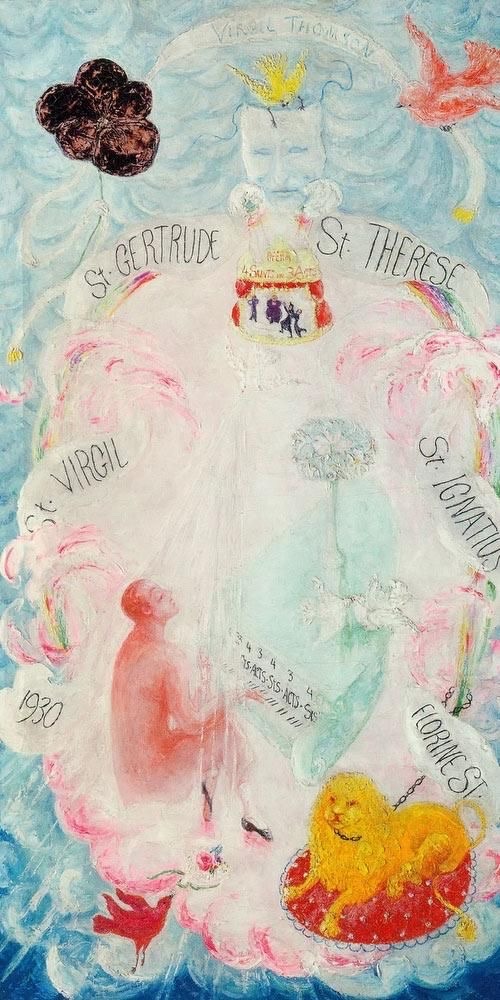
Florine Stettheimer, Portrait Of Virgil Thomson
15 notes
·
View notes
Text
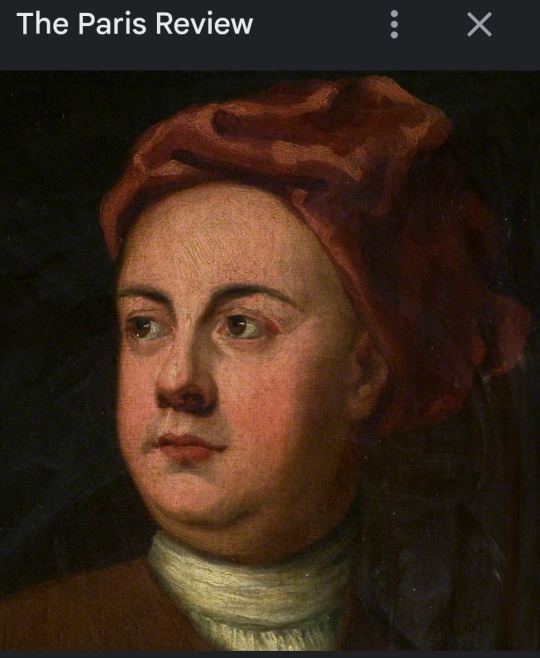
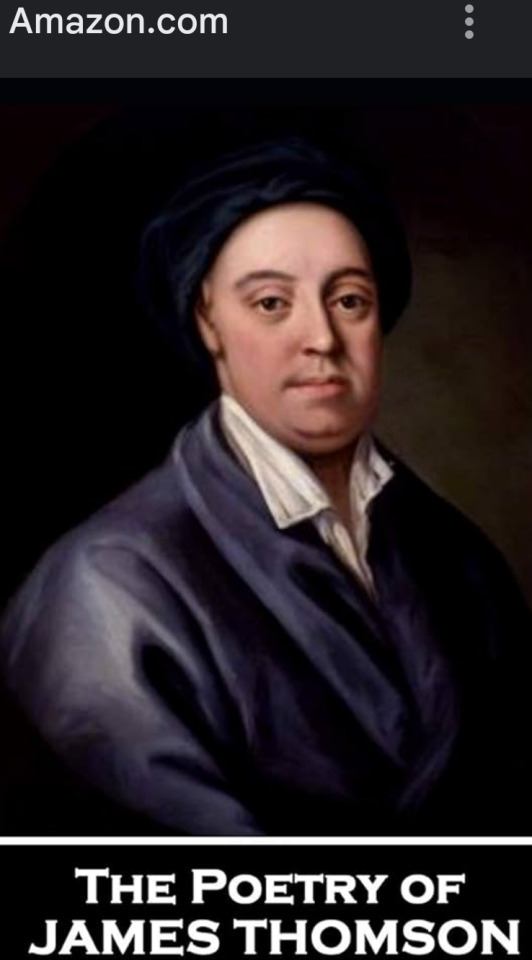

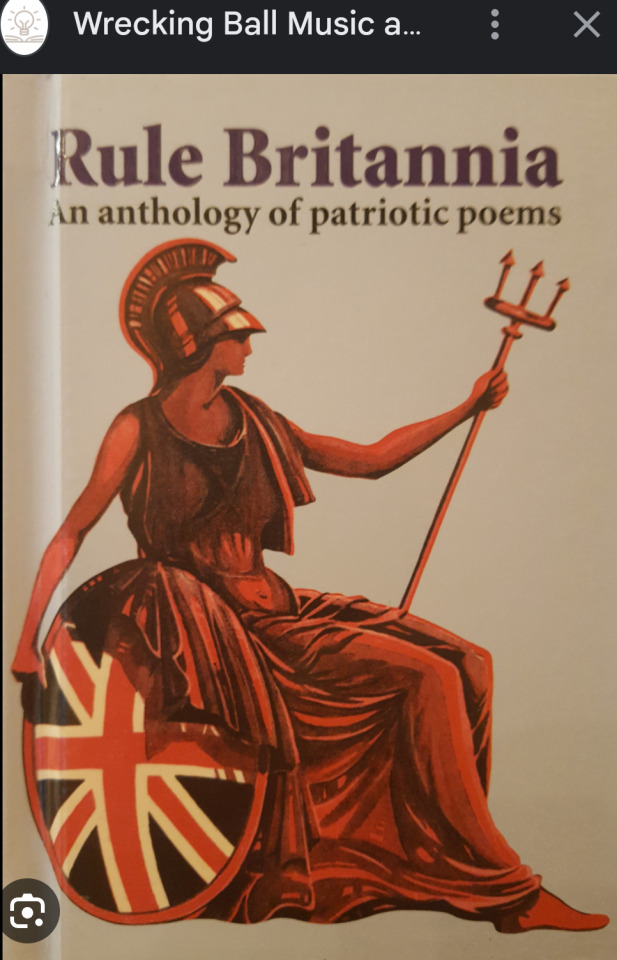




Pics:
1 & 2. Thomson, English author of "The Seasons", "Rule Britannia", etc...
3. Original cover to "The Seasons."
4 & 5. Beautiful cover of the British anthem "Rule Britannia" & a page of it set to music.
6 & 7. Ads for Lovecraftian beverages!!
8. Another shot of the Seekonk River, surrounded by woods.
1913: Output, Part 2.
Plot: This poem starts out with a Latin quote by William Wordsworth¹, but, originally from Virgil's "Georgics", Book 2: "...The wide open fields: the caves &... lakes; But, ...cold Tempe², ...the roaring of the borne³ &... soft sleep under the tree, are not absent⁴."
In the beginning, Lovecraft demands that the Dryads⁵ "Turn... from towns to (thoughts) of a rural kind; Amid decadent sights⁶, a spot disclose, where... woodlands repose. Where... time has... left, unchanged, our ancestral⁷ land."
Right away, Howard joins happiness with his youth & the park -
"Quinsnicket! Haven of the wearied heart... Whose shady glens... years dissolve... & lead backwards to a happier day."
Then, HPL 'explains' why this is so -
"With mankind, the sweetest days are 1st; ...Men become more wretched as they live⁷!"
As for why nature helps the weary soul -
"Away, Reality! And let us roam (in) Quinsnicket's realm - Imagination's home."
Lovecraft then describes Providence quickly -
"What city of the blest... Whose spires & domes reflect... morning rays (&) whose gold paved⁸ (streets!) astound."
Now, Howard gets mythological -
"In yonder pool we... expect, timid Nymph⁹ or Satyr¹⁰ to detect. Our eyes for Naiads¹¹ scan, And (our) ears strain to hear the pipes of Pan¹²."
Here, we turn to a more physical description -
"Yon rocky bluff, above the water's side, Defies the ages with primeval pride."
Then, HPL drags in the aboriginals, never mentioning a specific nation's name¹³ -
"(Their) council flame burned (before) the tribe¹⁴ (with) chief & braves of copper hue... (with a) sober look... pipe passed thru & fro..."
Amazingly enough, the most racial that Lovecraft gets is "(Their) war dance to tom-toms blow¹⁵."
Notes:
1. What a great name for a writer! William Wordsworth was an English Poet Laureate who helped usher in the Romantic Era of 1800 to 1850.
He's best known for his poems "The Prelude" & "Daffodils."
2. Tempe is the name of a wooded valley between Mt. Ossa & Mt. Olympus in Thessaly, Greece - now called Tembi.
Has 1 of the highest amounts of rain in the world.
3. This verse sounds a lot like being "carried" on a "roaring" river current...
4. The quote is about 1's youth & the 'lost' natural beauty we once enjoyed.
These memories stayed with this person & continued to have meaning for them.
And, these particular thoughts serve as a connection to the writer's sense of wonder.
Nature is where they find peace & tranquility. Where they feel safe & comfortable.
5. Dryads are Greek nature spirits who are usually bound to a forest or who focus on an oak tree.
6. Hmm... Howard's just north of the city of Providence. So, he's saying that it's also rife with "decadent" slights...
7. HPL's idea of 'ancestral' is limited to the British invasion of what are actually American Indian lands...
8. 'Gold paved streets' comes from the 1800s tale of "Dick Whittington & His Cat."
In that story, this saying describes London's roads. And, means that "it's easy to make money there..."
9. Nymphs are minor Greek nature spirits usually associated with fertility, growing things or water.
Long lived but, not immortal!! So, they were playmates of the Greek Gods.
Usually kind & helpful to men...
There's some 20 types of nymphs.
10. A Satyr is a Greek nature spirit with ears & tail that look like those of a horse.
Walks around with a permanent & exaggerated erection!!
The same as the Roman fauns.
11. Naiads are water spirits living in rivers, springs or waterfalls.
But, not in the oceans... That's the Oceanids' job.
Only Nereids can move in both sea- water & freshwater!
12. Pan is the Greek God of the Wild, rustic music, fertility, hunters, flocks & shepherds.
Has the back quarters, legs & horns of a goat - like a satyr!
His unseen, but 'felt', presence would arouse panic in travelers.
Boon 'companion' to nymphs...
13. Around Providence, it should be the Wampanoag American Indian nation.
14. American Indians were called tribes by the invading Europeans. But, they were actually nations & should be regarded as such today.
15. Wampanoags were a group of 30 Algonquian speaking nations. This Confederacy spread from R.I. north thru Massachusetts & south into parts of Connecticut.
They have all lived in this area since around 12,000 BC & were led by a Massasoit ("Great Chief") from 1581 til 1661.
It was members of the Pokanoket nation that helped the Pilgrims back in 1621.
Europeans had been visiting this New England since the late 1500s. And, had begun reducing the Wampanoag population via introduced diseases!
English colonists pushed them further inland, resulting in war. The losing abo nations were dispersed into slavery or reservations.
Only the Mashpee & Aquinnah nations were recently recognized by the U.S. government.
Wars of conquest were unknown to them. As they didn't believe in land ownership.
So, only quick raids were undertaken.
"Powwows" were actually shamans. Pniese were their own male "knights" & female "counselors."
Drums were seen as "living entities", guardian spirits & a reference to a past way of life.
Female singers used water drums as portable accompaniment for their sacred music & dances.
Drums help Wampanoags to "live by the rhythms of Mother Earth" & also reinforces their "relationship to the spiritual forces ruling the universe."
War dances involved beating the ground with sticks & screaming out piercing war cries.
The warriors requested the help of spirits & painted their bodies black, red, green or white.
They drank a tea made from juniper berries - to help the blood clot, in case of being cut...
To Be Continued.
0 notes